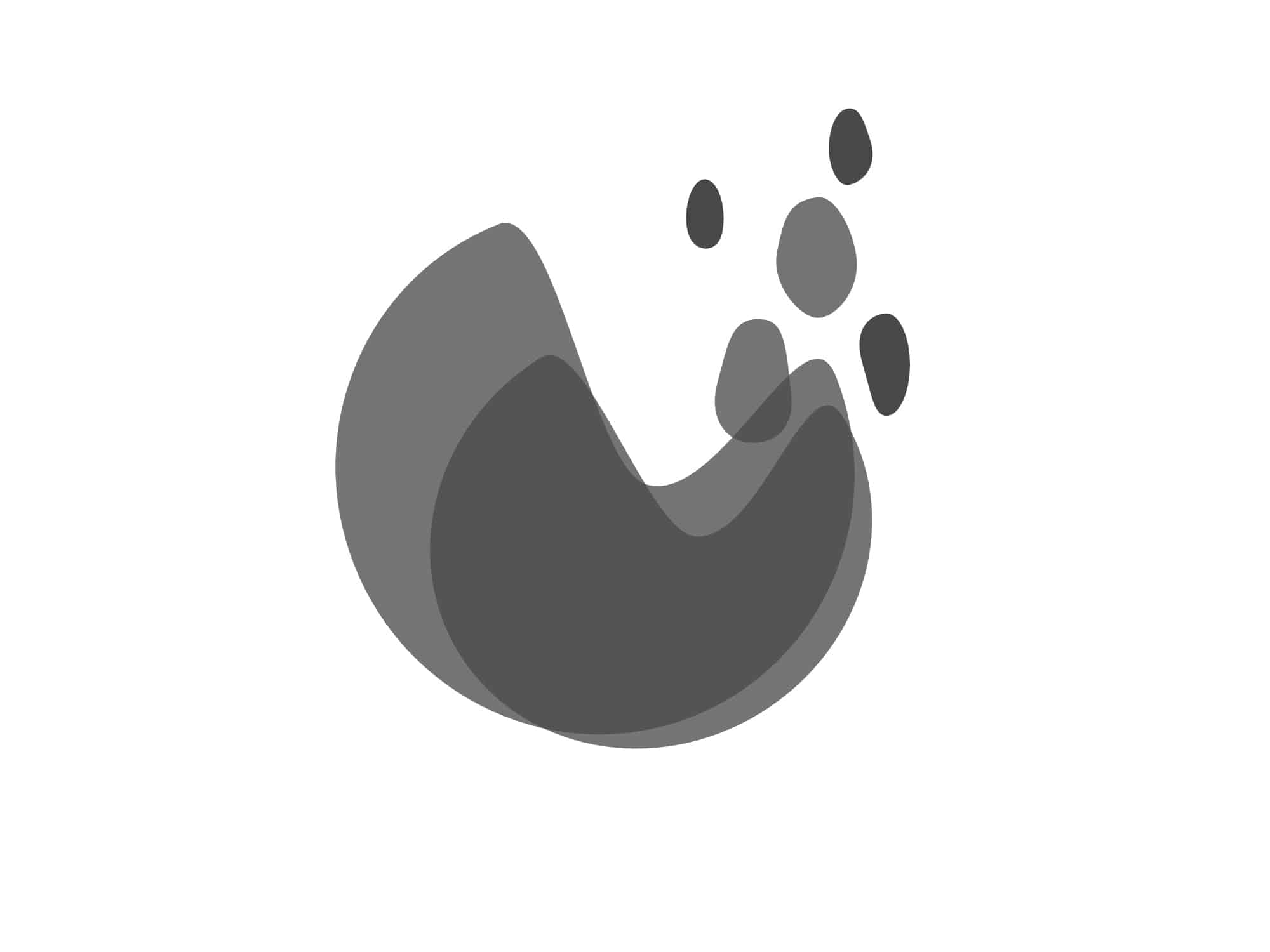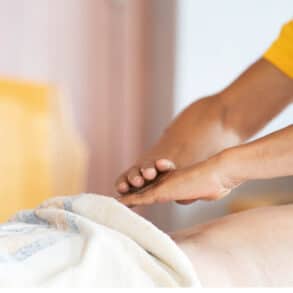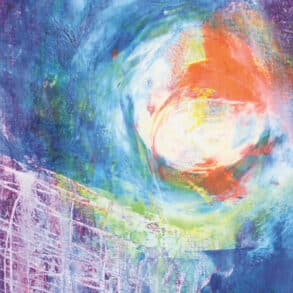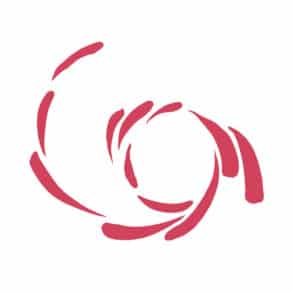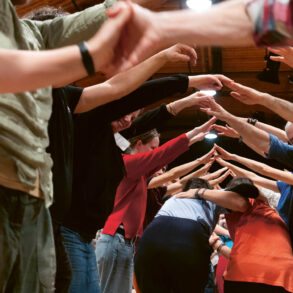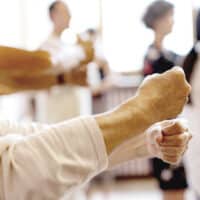Michael is on his way. He now understands that drug counseling doesn’t mean that, instead of the drugs, now I call the shots. He’s understood that he has to discover the spark of self-determination within himself, that it won’t work without his own willpower. The many counseling sessions with young drug users have taught me something: I can’t help them. Only they, themselves, can find their way out of drug use. When we work together, struggling to understand the reasons and causes of their drug use, their own inner activity can be awakened. When a young person experiences the freedom to make their own decision, the strength to free themselves from drug addiction can grow. This only applies to young people aged 16 to 17 and above. Younger people need other forms of support and clear boundaries. One of my goals in conversations with young people is to lay the foundations for their own conscious decision. The first step is offering clear and straightforward information about addiction and drugs. The next step is to characterize dependent and addictive behaviour. Questions about the “I”—its freedom and responsibility—must be addressed.One aim of my discussions with young people is to lay the foundations for their own conscious decision. First of all, this requires clear and sober information on addiction and drugs. The next step is to characterize dependent and addictive behaviour. The question of the self, of its freedom and responsibility must be addressed.
From Felicitas Vogt, Sucht hat viele Gesichter: Warum der Griff nach Drogen? Verstehen— vorbeugen—behandeln (Freies Geistesleben, 2000). See Felicitas Vogt, Addiction’s Many Faces: Tackling Drug Dependency Amongst Young People. Causes, Effects, and Prevention (Hawthorn Press, 2002).
Translation Joshua Kelberman
Graphic Sofia Lismont

